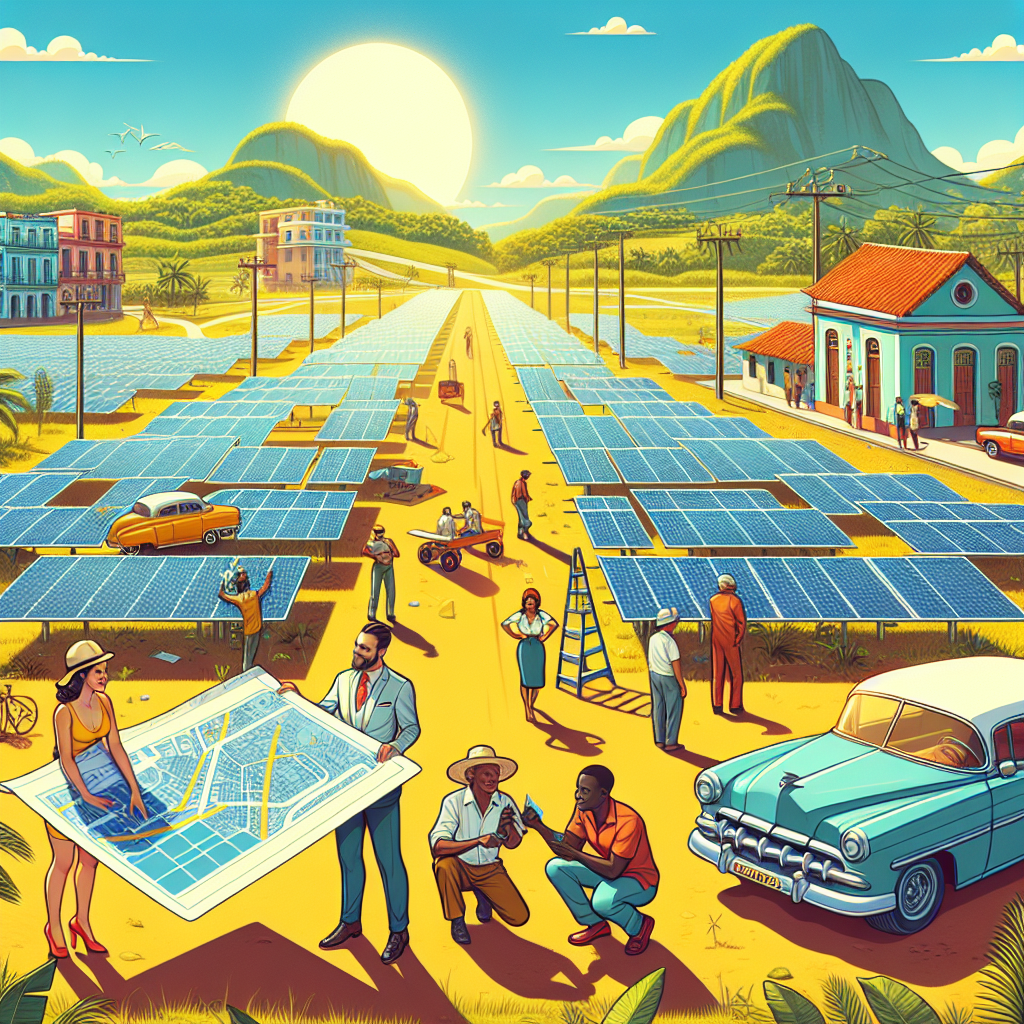What is happening in Cuba?
Cuba is currently facing its most severe energy crisis in decades. To address this issue, the government has implemented strict renewable energy mandates in order to stabilize the grid and prevent further disruptions.
What does this mean?
In order to combat the crippling blackouts, Cuba’s new rule requires major energy users, both public and private, to generate at least 50% of their electricity from renewable sources within three years. If they are unable to install their own solar systems, they must enter into a government deal for renewable energy. Other measures include setting strict temperature limits for office spaces. These power outages have exposed weaknesses in Cuba’s grid, exacerbated by economic struggles and US sanctions. A new decree has also been introduced, outlining protocols for planned outages lasting over 72 hours, which require non-essential appliances to be disconnected during peak times. Companies that fail to comply may face penalties such as power cuts and fines of up to 15,000 pesos ($45).
Why should I be interested?
The bigger picture: Renewables take center stage.
Cuba’s actions reflect a global trend towards renewable energy, driven by growing concerns about climate change and geopolitical tensions that make traditional energy sources less reliable. This decree not only sets a precedent for managing energy crises, but also emphasizes the importance of sustainable solutions for energy security and economic resilience.
For markets: A green economy in the making.
Cuba’s shift towards renewable energy could create new markets and investment opportunities in renewable infrastructure. As businesses rush to comply with the new mandates, there may be a surge in demand for solar technology and expertise, potentially attracting international partnerships and investments, even in the face of political and economic challenges.

